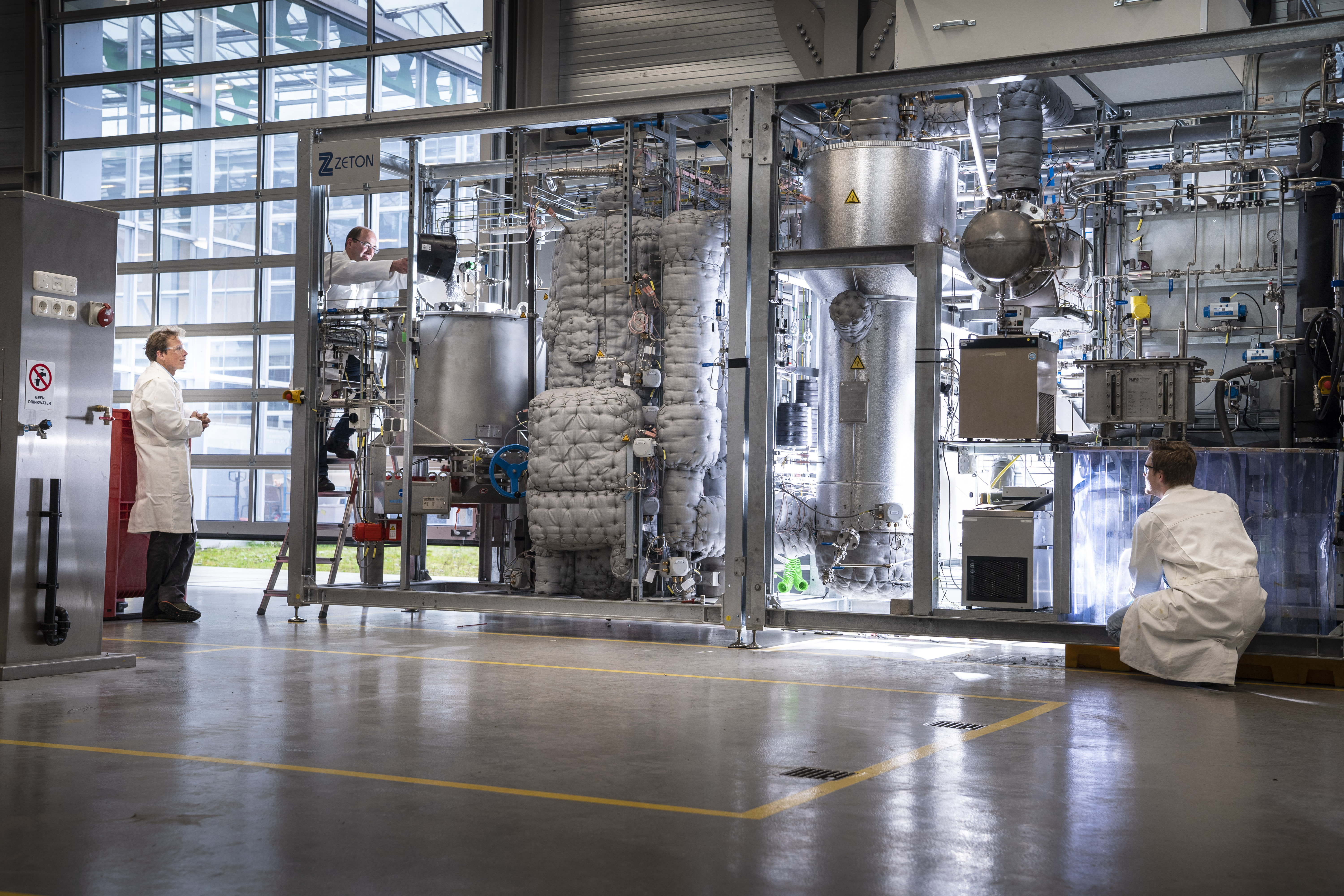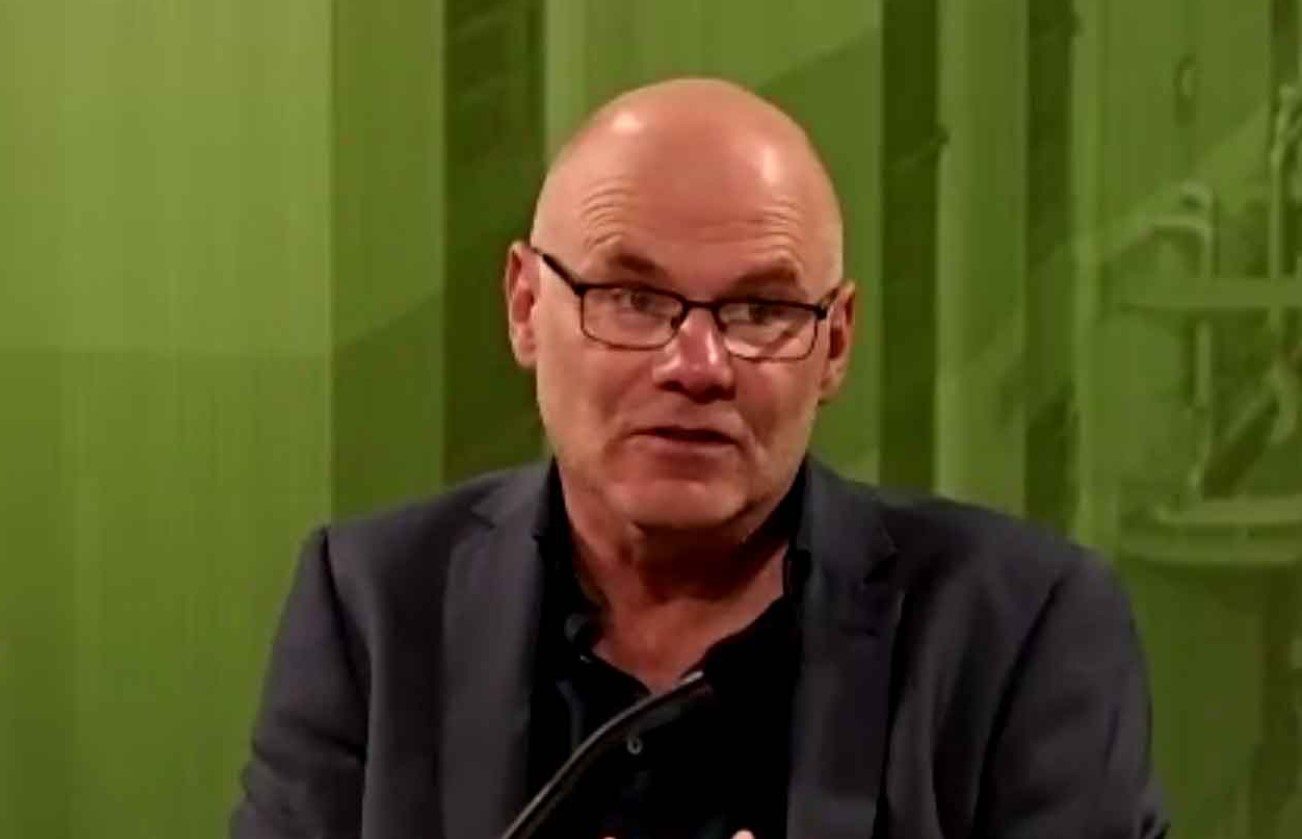Circular Polymers Expert cluster in Europe
The Northern Netherlands is a hotbed for innovative plastic recycling. There is a great deal of knowledge of and experience with the recycling of plastics, from depolymerisation to design to logistics and handling. We have everything in place to recycle all possible kinds of plastics. This can be done through mechanical, chemical or thermo-chemical recycling.
Circular polymers
In the Northern Netherlands, there is a lot of activity and entrepreneurship to close the polymer cycle. This is supported by in-depth expertise on polymer synthesis and production, recycling, re-use, and marketing & sales. At various locations in the Northern Netherlands, companies are working to recover polymers from household waste, and recycle them via thermal, mechanical and chemical recycling. The opportunities for both science and business are huge.
How can we boost success? By teaming up to close the cycle, by joining forces.
Chemports project portefolio for circular is plastics is coordinated by Greenwise Campus. Together with the knowledge institutes and a number of organisations in our region, we on track to be the expert Ecosystem for Circular Plastics in Europe.
We are working on:
- How to achieve 100% circular chains
- How to further expand the current ecosystem
- How to better position our ecosystem
Do you want to benefit from this initiative? Then contact us!
Mechanical recycling
Mechanical recycling is the processing of plastic waste into secondary raw materials or products, where the chemical compounds of the plastics are not broken down. The waste is mechanically ground and melted by an extruder (often washed). Then, in the same process, plastic granules are made from it again.
Mechanical recycling is the most common approach used for recycling plastics like polyethylene terephthalate (PET) and high-density polyethylene (HDPE). PET and HDPE are typically used to make soft drinks bottles or containers, and are relatively easy to recycle.
Mechanical recycling is the easiest way to re-use plastics. But the end product cannot be used in food packaging, unless – as is the case with PET bottles – there is a fully closed system without any contamination. Also, coloured plastics are a problem in mechanical recycling. The pigments stay in the granulate which makes it difficult to use in specific applications.
Chemical recycling
Chemical recycling, breaking polymers into monomers, is a solution to both problems. In Emmen, the companies Cumapol and Morssinkhof developed the CuRe technology a method of chemical recycling which turns coloured polyester into new polymers. Contaminations and unwanted pigments can be separated from the depolymerized plastics, creating virgin building blocks. This way, polyester carpets can yield new polyester fibres. This type of rPET yarn is now being produced in Emmen by polyester company Cumapol together with recycling company Morssinkhof. They can already produce different types of yarn for different products, from carpet fibres to ropes or ratchet straps. Other companies, most of them located in Delfzijl, convert polymers into even more basic building blocks.
Thermo-chemical recycling
Both technologies require a relatively clean stream of used plastics. Mixed plastics are usually burned as waste, generating some electricity. But there is also the option of thermo-chemical recycling. In this process, mixed plastics are heated in the presence of a catalyst, which breaks the polymers down to their basic aromatic building blocks of benzene, toluene and xylene (BTX). BioBTX in Groningen has opened a pilot plant, creating these aromatics from glycerine. The next step is to use solid plastic waste as feedstock in their process, and turn this into BTX. Like Cumapol, they have developed the conversion process themselves.

BioBTX pilot plant in the Chemport region
